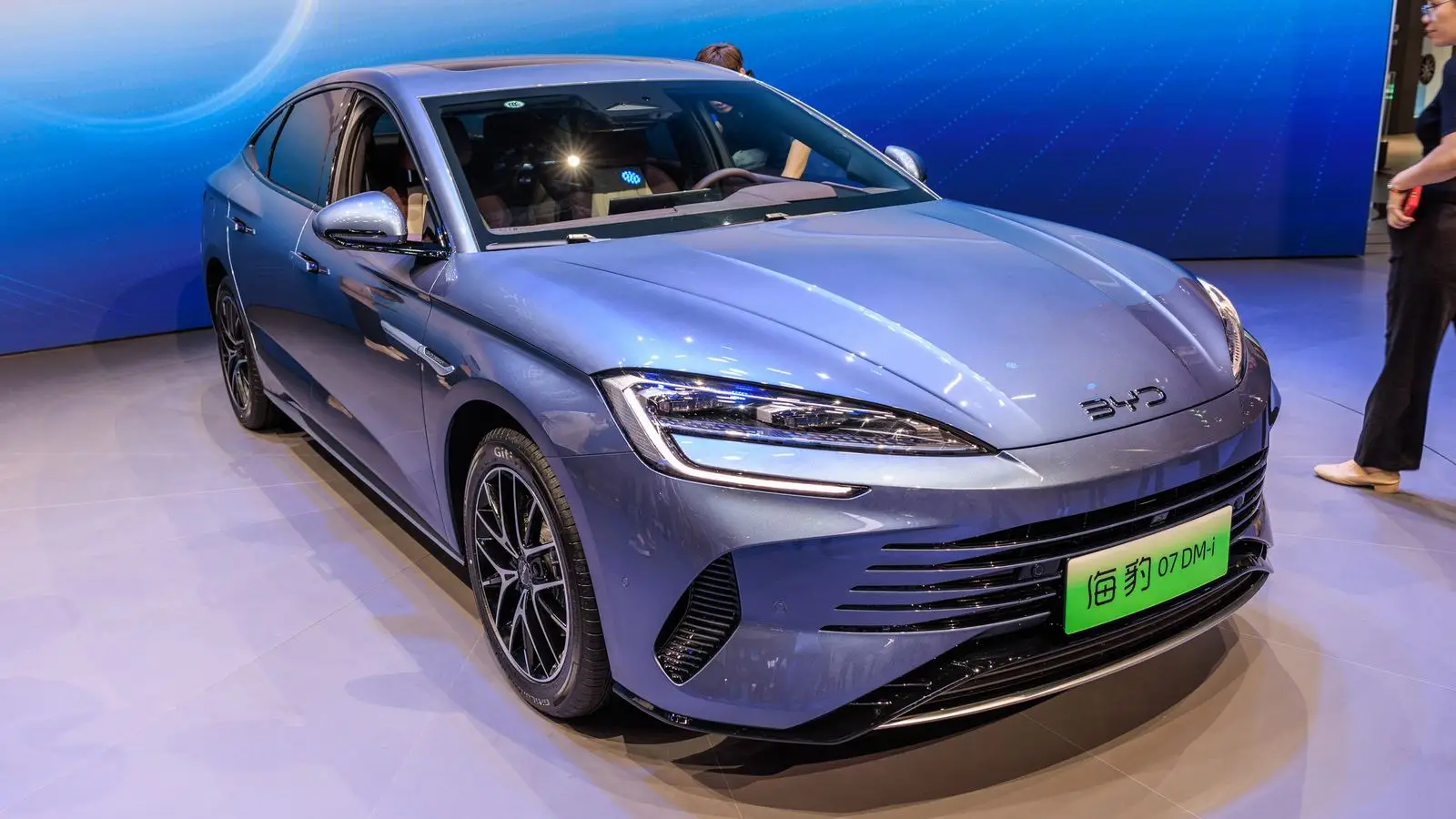BYD Considers Building a Third European EV Plant in Germany

BYD is exploring the possibility of opening a third EV factory in Europe, likely in Germany. With rising sales and market share, the move could challenge Volkswagen and other local automakers.
BYD is making bold moves in Europe. The Chinese automotive giant, already building factories in Hungary and Turkey, is now considering Germany as the next location for its expansion. This decision could shake up the European auto industry, challenging legacy manufacturers like Volkswagen, BMW, and Mercedes-Benz.
BYD’s Executive Vice President Stella Li recently stated that the company is actively exploring the possibility of establishing a factory in Germany, though no final decision has been made. A source familiar with the matter indicated that Germany is the most viable option, despite high energy and labor costs. With increasing tariffs on Chinese imports, local production might be the key to maintaining price competitiveness in the European market.
BYD’s rise in Europe has been remarkable. In January 2025, the company set a record with 66,336 electric vehicles sold overseas. February saw even higher figures, with over 67,000 units delivered. Chinese automakers have been steadily gaining ground in Europe, with their market share in January growing to 3.7%, up from 2.4% in January 2023.
A German production facility could significantly alter the balance of power in the EV industry. Volkswagen, once the dominant force in China, has already been overtaken by BYD. Now, the Chinese automaker is stepping onto its competitor’s home turf, armed with an expanding lineup, cutting-edge battery technology, and an aggressive global strategy.
BYD has already made strategic moves in Germany. Last summer, the company acquired its local distributor, Heden Electric Mobility Out, giving it greater control over pricing and supply chains in the country.
If BYD follows through with its plans, a German plant would mark a crucial milestone in its global expansion. However, significant regulatory and economic challenges remain, raising the question of whether the Chinese EV leader can successfully establish itself in one of the world’s most competitive automotive markets.
Mark Havelin
2025, Mar 17 18:57


